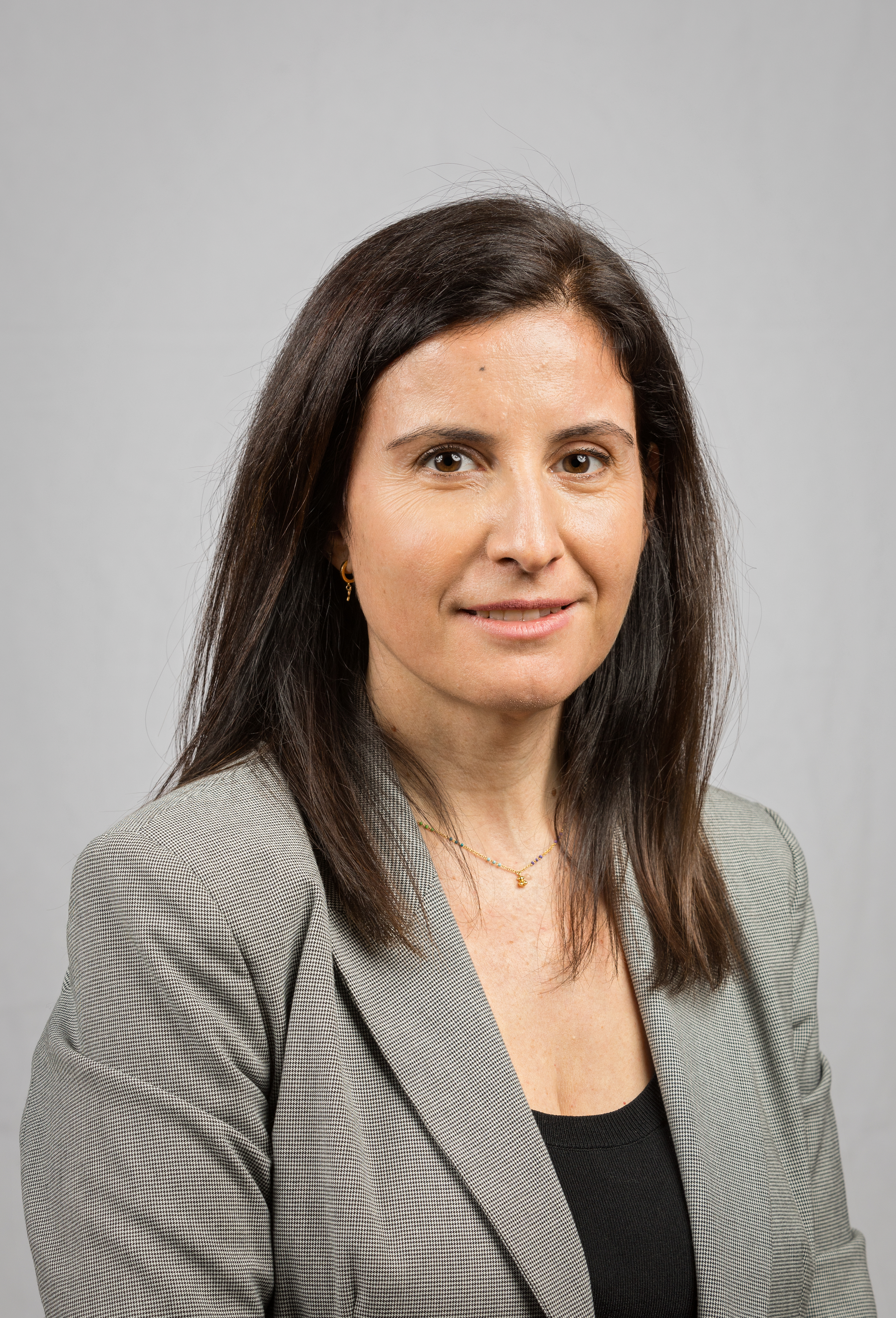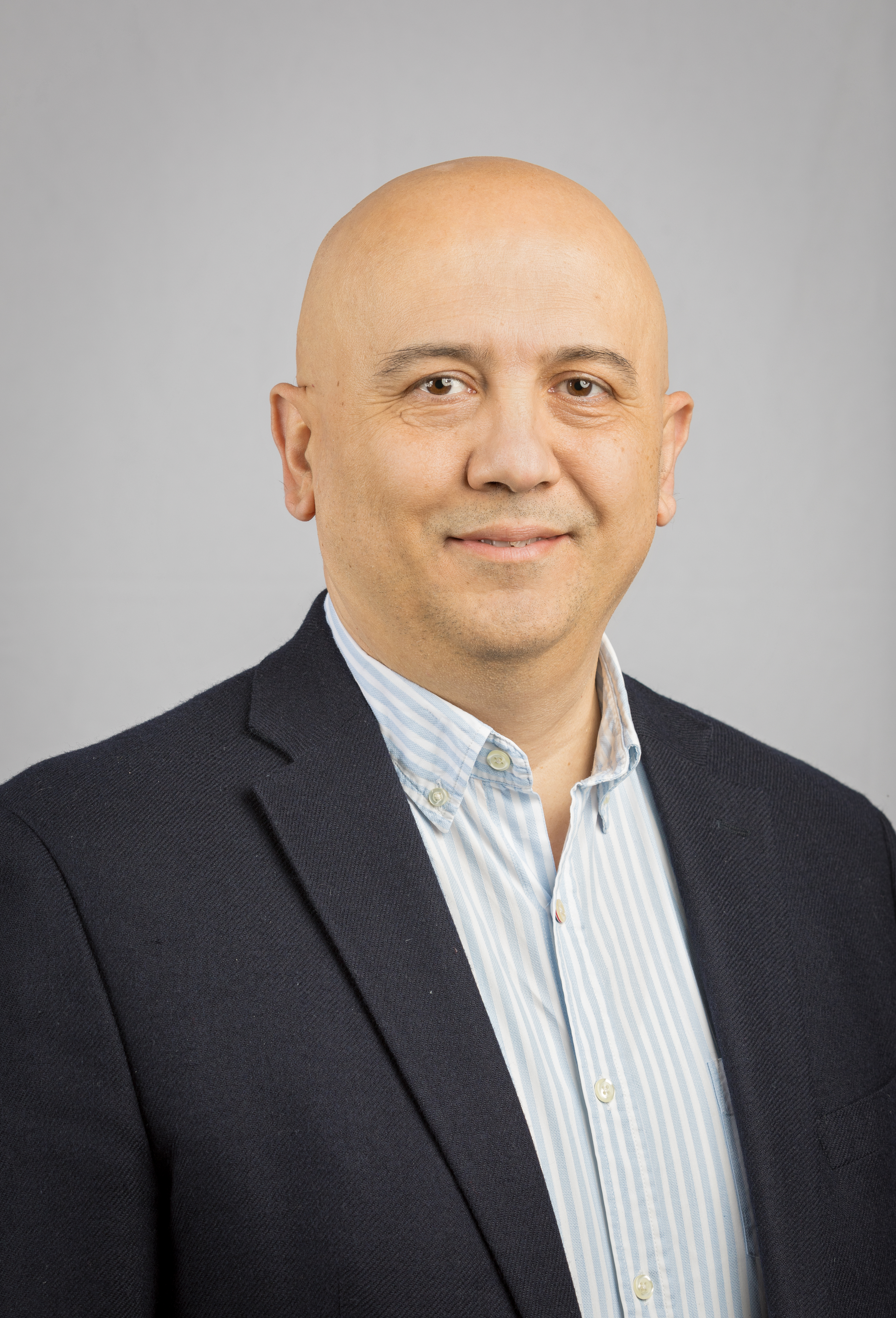Coordinating research opportunities across geographies
María Chaparro, ClinCom Chair, Murat Toruner and Julien Kirchgesner, ClinCom Members
 María Chaparro © ECCO |
 Murat Toruner Murat Toruner© ECCO |
 Julien Kirchgesner Julien Kirchgesner© ECCO |
During the last ECCO’24 Congress in Stockholm, the ECCO Governing Board announced the new strategy REACH. The REACH strategy is the acronym of five clear goals to shape the current and future ECCO activities for the next years, better defining and expanding ECCO global mission to improve the care for all IBD patients.
R refers to Rapid diagnosis and treatment of IBD. In this sense, the aim is to improve the time to diagnosis and treatment of IBD, investing in all aspects of IBD care early and throughout the disease course.
E of Equitable access to IBD care, highlighting the importance of offering equitable and global access to IBD care for all patients.
A of Attaining sustainable IBD care, where the goal is to achieve sustainability in all aspects of IBD care, including services with innovative assessment and monitoring and sustainable research and education.
C of Causes of IBD, where the goal is to use last state of the art science, technology and global collaboration to discover the causes of IBD.
H of Hoslistic IBD care, aiming to treat beyond inflammation, ensuring holistics care.
From ClinCom, we contribute to attain the REACH strategy goals through research support. We do believe that collaborative research across geographies and across all parties involved is required to provide the greatest improvement in IBD care.
Researchers
One of the main activities of ClinCom is to offer a collaborative framework to develop research across countries. Projects are presented during the National Study Groups meeting which was hold during the ECCO’24 Congress; at this year, more than 10 projects were presented and discussed. Once the final version is approved, all ECCO members are invited to collaborate, taking the advantage of the dissemination from ECCO Office and the network of the National Representatives. Not only studies led by physicians but by all care providers (i.e. nurses, dietitians, etc) are welcome. The collaboration of the National Study Groups within the framework of ECCO has been a story of success, with a number of studies already published in high impact factor journals and providing new evidence to improve patients’ care.
Global research is one of the pillars of ECCO and, a proof of that is the investment in research and travel grants, of about 2 million euros this year, including the Global Grant, to expand and strengthen the global network of ECCO through research partnerships
between centres from ECCO Member Countries and non-ECCO Member low income or
lower-middle income countries. These grants aim to promote collaboration between researchers and centers to share knowledge and skills that result in the improvement and equity in the care of patients with IBD.
The United Registries for Clinical Assessment and Research (UR-CARE) platform is also an emblematic project of ECCO's research unit (IBDiM) aiming to favour collaborative and global research. UR-CARE is an online international registry capturing IBD patients' records in an easy and comprehensive way; the platform has been designed for daily clinical practice and research studies and is available to study groups as well as to individual centres.
European Medicine Agency
The European Medicine Agency is also a crucial agent in IBD research. During ECCO’24 we had the opportunity to meet an EMA representative and discuss gaps, challenges and opportunities in the development of new agents for IBD treatment. Experiences and perspective exchange will enrich our collaboration at present and in the future.
Pharmaceutical companies
Pharmaceutical companies are an important collaborator of ECCO. During the ECCO’24 we organised a workshop specially dedicated to industry delegates with the aim of improving their knowledge of the disease and research gaps and to share experiences and perspectives.
Patients
Patients are at the heart of ECCO activities. In this respect, during the ECCO’24 congress we had the opportunity to listen from patients’ voices which are their real needs and what should be the research gaps to be covered in the forthcoming years.
In conclusion, ECCO aims to globally improve the lives of patients with IBD across geographies. Collaborative research, without barriers, is the way to achieve the greatest improvement. ECCO will invest all its efforts in the coming years to be the ideal framework for collaborative research without borders.


